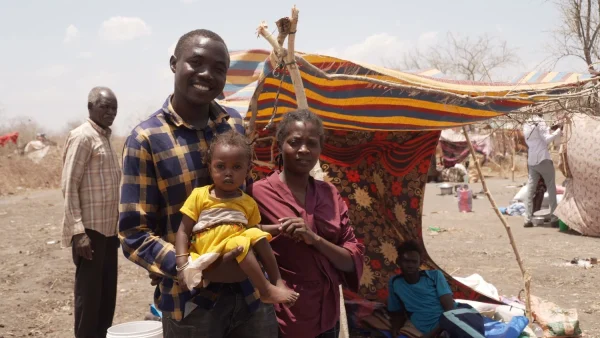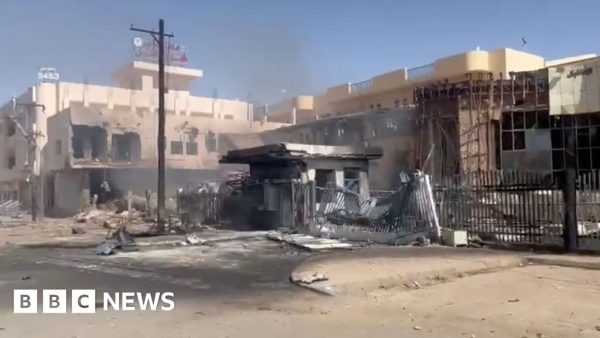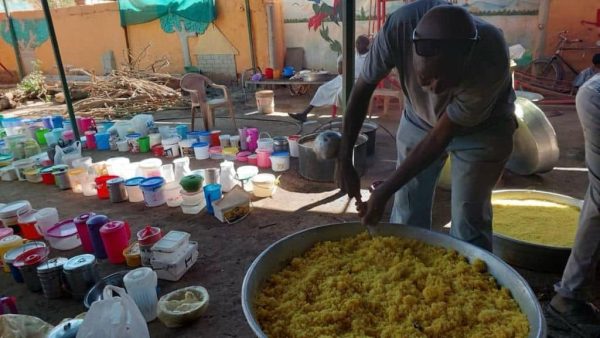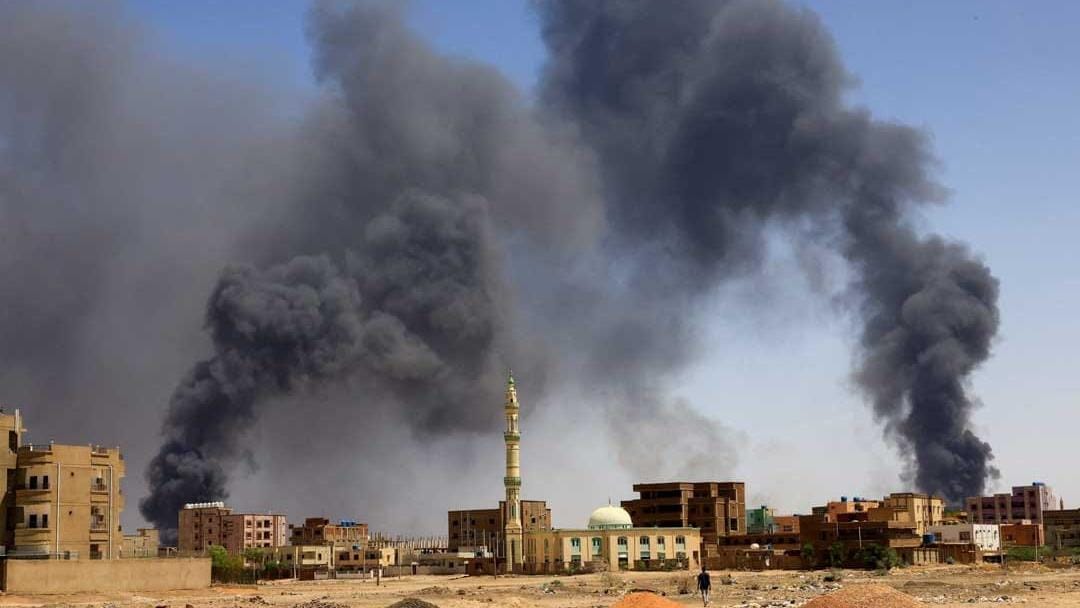When people talk about countries that are underdeveloped in poor conditions, countries like Afghanistan, Somalia, Palestine, Syria, and Yemen are spoken of the most. Still, many aren’t aware of the crisis going on inside Sudan. Sudan is ranked 170 out of 193 on the Human Development Index because disease, mass displacement, war, and civilian casualties are prominent daily. Roughly 16% of the country’s population has had to flee their homes and faced displacement in doing so. In contrast, others have been stuck in war zones, resulting in 12,000 people dying just within the first six months of the conflicts that mainly erupted on April 15th, 2023. As many people have been killed in this conflict, the ethnic cleansing of the Darfur people has been recognized as a genocide since 2003, making it one of the first genocides of the 21st century.

Sudanese refugees in South Sudan
The genocide is an ongoing situation but has seen a massive rise in conflict when an all-out civil war started on April 15, 2023, between the Sudanese military and Rapid Support Forces in Khartoum, the capital of Sudan. The RSF was recognized as a legitimate military during the Bashir regime, which has ended, and now both groups are fighting over whoever deserves power. Regardless of the tensions between these two groups, innocent civilians are being caught in the crossfire and even being targeted by the RSF, who are actively committing war crimes. Edem Wosornu, Director of Operations and Advocacy, has stated, “Sudan is one of the worst humanitarian disasters in recent memory,” even going further to say the country is “on course to become the world’s worst hunger crisis.” Hospitals have been destroyed with people still inside them by the RSF, killing large amounts of people trying to receive medical treatment. Children are not safe either, with even girls in their early teen years have been kidnapped and raped while in warehouses that were supposed to provide food to the people. Dehumanization is typically the primary goal of sexual crimes committed during wars. It has been seen in many similar situations, such as the Holocaust, Palestine, Congo, the rape of Nanjing, the Armenian Genocide, and the Rohingya genocide.

East Nile Hospital after an attack
Sexual violence and killings haven’t been the only things paling the people of Sudan, as 18 million people are having to deal with food insecurity. The crops and livestock there have been destroyed, and on top of that, severe weather has caused water droughts. A lot of the available water has been infected by cholera, typhoid, and malaria, which are found in stagnant water stemming from mosquitos, which are the carriers. Cholera is a fast-acting diarrhoeal disease, and when untreated, people may die just within hours or days. Malaria and diarrhoeal diseases are two of the most common causes of death in the continent of Africa. Aid was delivered to Sudan during this conflict, but there is an issue with the danger to the people supplying aid, making it hard for foreign organizations to help. “Some of the only humanitarian assistance has been provided by local responders like these emergency response rooms,” Michelle D’Arcy, Sudan country director of the humanitarian organization Norwegian People’s Aid. Communal kitchens ran out of food on February 15th and food but have resumed not even two weeks ago. The SAF has also blocked assistance to parts of the country that the RSF controls, while the RSF tends to steal a lot of the stuff meant to go to communities. The seemingly never-ending battle of disease, war, and famine in Africa is something that doesn’t get a whole lot of coverage in our Western media outlets. Many countries on that continent desperately need humanitarian aid, but only so much can be done at once.








